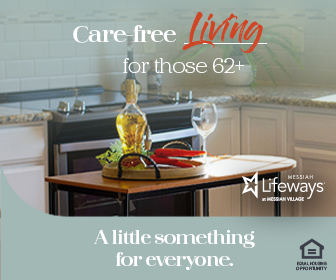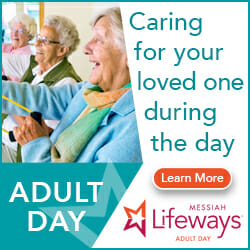Living or caring for a loved one with Alzheimer’s and other types of dementia can be extremely challenging – physically, mentally and emotionally. As of 2015, an estimated 5.3 million Americans¹ have Alzheimer’s-type dementia, where one’s self-awareness, cognition, memory and functional capabilities progressively deteriorate as they slip deeper into the diagnosis. The average life expectancy after an Alzheimer’s diagnosis is 8 to 10 years. In some cases, however, it can be as short as 3 years or as long as 20 years². So for many caregivers, assisting someone with Alzheimer’s can be a long arduous journey, where significant levels of frustration, burnout and depression manifest, and communication and trust can unravel.
Fortunately, both family and professional caregivers can access a number of different resources to help reduce these issues such as practicing self-care and securing additional help or alternative care or placement; equally important is disease-specific education and training. In the instance of Alzheimer’s disease, one of the most well-known and respected techniques is that of Validation Method, which reimagines the way of caring and communicating with older adults diagnosed with Alzheimer’s-type dementia.
Validation Method was developed by Naomi Feil, a well-known social worker for a number of decades, who is recognized for her breakthrough approaches in caring for the elderly. It’s an interactive method based on empathy, dignity and respect, where those with dementia can express their emotions, needs and concerns to a skilled and trusted listener. Ms. Feil realized that older adults with dementia were often trying to resolve unfinished issues during their final stages of life. Therefore, if trained caregivers could listen, acknowledge and validate their distress, they could diminish their anxiety and could attempt to help resolve those lingering issues, so they could simply be at peace.
As ALZwell Caregiver Support explains, “Validation is about the older person’s needs. Instead of ignoring or stopping what might be viewed as irrational or illogical behavior, Validation offers alternatives.” It focuses on the objective of here and now, and not on why these behaviors exist.
Key Elements of the Validation Method
- It is based on a theory that many older adults struggle with unresolved and unrequited issues. To deal with these issues, they will express past conflicts in disguised forms or malorientation, display time confusion causing a retreat inward, rely on movements instead of words, and lastly become vegetative and potentially shut out the world.
- To help them resolve these past issues, Validation Method practitioners listen and show empathy and respect so they feel “validated”, not judged. Therefore, if they can express painful feelings freely, these feelings will gradually diminish. But if these feelings are ignored, the pain will fester, and they will not achieve the peace they are searching for.
The Validation Method is valuable and effective for family members, professional caregivers like nurses, therapists and social workers, as well as physicians to interact with Alzheimer’s sufferers. For examples of how one might use this method or to learn more, please go to Validation.com. Furthermore, Messiah Lifeways Coaching and Volunteers of America- Pennsylvania will be hosting a Validation Method training on Wednesday, October 28 at 6 pm presented by Stephen Klotz, Certified Validation Master. If you’d like to learn more about it or would like to register, please call 717.591.7225 or go online to MessiahLifeways.org/Events.
Validation Method can help those suffering with Alzheimer’s regain that dignity the disease has stolen and, ideally, give them a greater sense of peace in their final stage of life.






